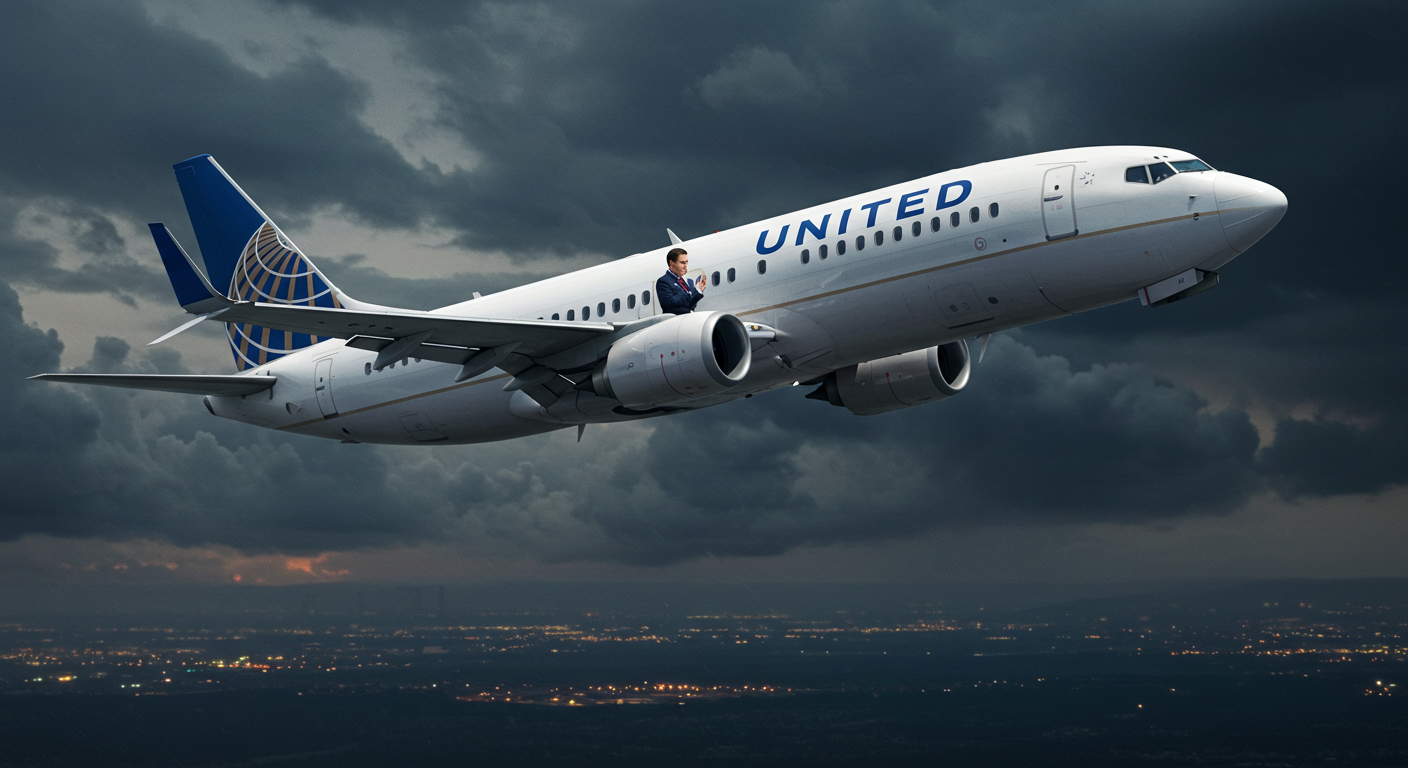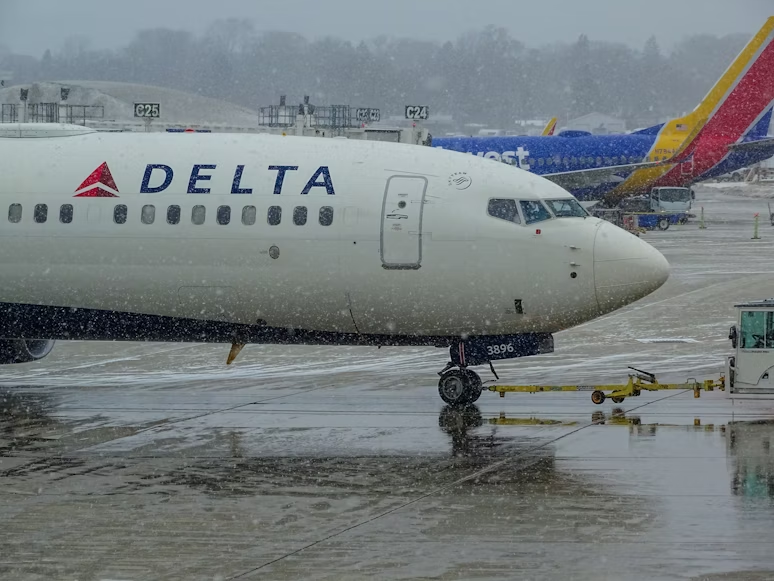United Airlines Flight UA770 Emergency Diversion: Ensuring Passenger Safety in Crisis

Traveling by air often comes with a mix of excitement and anxiety. For many passengers, the thought of being in an airplane miles above the ground can be both thrilling and nerve-wracking. Recently, United Airlines Flight UA770 found itself at the center of attention due to an emergency diversion that showcased not just the realities of flying but also how airlines respond under pressure.
This incident has sparked conversations about safety protocols and what it truly means to prioritize passenger well-being during unexpected situations. Join us as we delve into this compelling story, exploring how United Airlines navigated this crisis while ensuring its passengers remained safe throughout their journey.
The Emergency Diversion and Its Cause
On a routine flight from Newark to San Francisco, United Airlines Flight UA770 faced an unexpected challenge. The aircraft was forced to divert due to a mechanical issue that emerged mid-air.
As the flight progressed, unsettling alerts began flashing in the cockpit. These warnings indicated potential problems with one of the plane’s systems, raising immediate concerns for the crew and passengers alike.
The captain promptly communicated with air traffic control and decided on an emergency diversion to Denver International Airport. This swift decision exemplified quick thinking under pressure.
Passengers were informed about the situation in a calm manner. Their comfort and safety became paramount as preparations for landing commenced amidst growing tension onboard.
How United Airlines Handled the Situation
United Airlines demonstrated professionalism and promptness in managing the UA770 emergency diversion. As soon as the situation arose, flight attendants communicated clearly with passengers, providing reassurance amid uncertainty.
The flight crew worked seamlessly to ensure that everyone remained calm. They prioritized passenger needs by distributing water and snacks while keeping them informed about ongoing developments.
Upon landing safely at an alternate airport, ground staff were ready for immediate assistance. Medical personnel were on standby to evaluate anyone needing care.
United Airlines also activated its customer service protocols swiftly. This included rebooking affected travelers and addressing their concerns promptly—an essential aspect of maintaining trust during crises.
Transparency was key throughout this ordeal, as United kept passengers updated with real-time information via various channels. Their approach reflected a commitment to safety first while ensuring continued support for those onboard Flight UA770.
Importance of Passenger Safety in Times of Crisis
Passenger safety is paramount, especially during unforeseen crises. When emergencies arise, the response of airlines can make a significant difference in outcomes for travelers.
In moments of turbulence or distress, clear communication becomes essential. Passengers need to feel informed and reassured about their situation. Trust in airline protocols plays a crucial role in maintaining calm among those onboard.
Furthermore, rigorous training for crew members ensures they are prepared to handle various emergency scenarios effectively. Their ability to act swiftly can prevent panic and provide necessary support when it matters most.
Airlines must prioritize not just immediate reactions but also long-term strategies focused on passenger welfare. This commitment enhances overall travel experiences and fosters loyalty among customers who value safety above all else.
Every flight should be a testament to an airline’s dedication to protecting its passengers amid any crisis that may arise.
Precautionary Measures for Air Travelers
Air travel can be unpredictable, so it’s essential for passengers to stay prepared. Before heading to the airport, always check your flight status. Delays or cancellations can happen unexpectedly. Being informed helps you adjust your plans.
Packing wisely is another crucial step. Keep essentials like medications and important documents in your carry-on bag. This way, you have easy access if any issues arise during the journey.
Familiarize yourself with safety protocols of the airline you’re flying with. Each carrier may have different procedures regarding emergencies and diversions.
Stay calm and collected during turbulence or unexpected changes in flight plans. Knowing how to respond calmly can make a significant difference for both yourself and fellow passengers around you.
Consider enrolling in travel insurance that covers unforeseen circumstances related to air travel disruptions. It adds an extra layer of security should anything go awry on your trip.
Lessons Learned from UA770 Emergency Diversion
The emergency diversion of United Airlines Flight UA770 serves as a crucial case study for the aviation industry. It highlights how vital communication is during crises. Clear directives and updates can significantly ease passenger anxiety.
Training crews to respond effectively to unexpected situations is equally important. The swift actions taken by the flight crew ensured that everyone onboard remained safe, showcasing their preparedness.
This incident also underscores the need for airlines to have robust contingency plans in place. Regular drills can enhance readiness when real emergencies arise.
Technology plays a key role too. Real-time data sharing between pilots and air traffic control aids decision-making, potentially averting disasters before they escalate.
Passenger education on safety protocols cannot be overlooked. When travelers know what to expect during an emergency, it fosters calmness and cooperation among all passengers involved.
Conclusion: Prioritizing Passenger Safety in the Airline Industry
Passenger safety remains a top priority in the airline industry, especially highlighted by incidents like United Airlines Flight UA770. This emergency diversion serves as a reminder of the unpredictable nature of air travel and the importance of being prepared for any situation.
Airlines must continuously invest in training their staff and improving protocols to ensure quick responses during emergencies. Passengers should also be informed about safety measures, as knowing what to do in crises can make all the difference.
As we reflect on events like UA770, it becomes clear that prioritizing passenger well-being is not just a regulatory requirement; it’s an ethical obligation. The actions taken during such critical moments shape public trust and confidence in air travel, paving the way for safer skies ahead.




